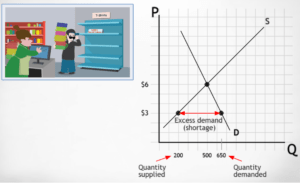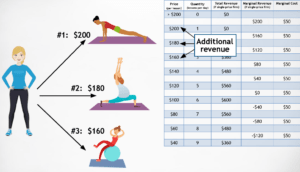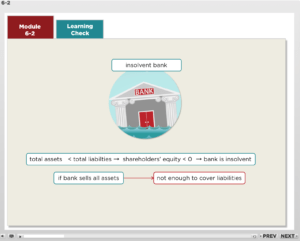Summary
Professor Aline Baehler (French) leverages web publishing tools for intermediate-advanced learners of French to use language skills in a realistic, experiential way. Her award-winning Papiers Mâchés and Capsules de grammaire are open source platforms for strengthening existing grammatical knowledge; the Scénarios site is a virtual apartment building where students role play as French-speaking residents.
Learning objectives
- Create opportunities for intermediate-advanced students to review content learned in lower-level courses
- Increase feedback for students expanding their linguistic skills
- Provide immersive experiences to engage with the target language and culture
- Foster collaboration among students, both in and out of class
In this video, Professor Baehler speaks about a role-playing project in her intermediate-advanced French course. Students create fictional characters and collectively construct a vibrant apartment building in a francophone city of their choice through text, conversation, and multimedia. By navigating daily life through the eyes of native speakers, students have authentic ways to explore culture, history, grammar, and vocabulary in the target language. This innovation addresses the difficulty in providing students with immersive experiences in the target language and culture.
Another challenge of bridge language course is having time needed to review content learned in lower-level courses, while also expanding linguistic skills. To this end, Professor Baehler has developed two interactive, open-source tutorials that guide students through grammar and writing activities.
- Capsules de grammaire: provides students with grammar and vocabulary practice
- Papiers-Mâchés: scaffolds students through the writing process (currently being re-designed for accessibility and user experience)
In both platforms, students receive automatic feedback and can go through the materials at their own pace.
Student experience
- Engage with lecture videos, interactive modules, and simulations outside of lecture time
- Participate in hands on lab activities
- Collaborate on group activities and review material during lecture time
Technology resources
- Google Sites, for quick and easy web publishing
- Interactive module software, for content + assessment presentation
- NYU Web Publishing (WordPress), for Papiers Mâchés, 2.0 (to be released in mid-2018)
Outcomes
- Reflect the experiential act of language learning: Learning
 language is a social act, and creating a community where students can share and develop their language skills in a supportive environment reflects the reality of learning another language. The Google Site also allows students to use language in a highly contextualized way, since they are using French as their fictional character.
language is a social act, and creating a community where students can share and develop their language skills in a supportive environment reflects the reality of learning another language. The Google Site also allows students to use language in a highly contextualized way, since they are using French as their fictional character. - Create a participatory environment: Professor Baehler created a participatory environment where the instructor and students were full participants. Instead of completing assignments for the professor, students and professor had a collaborative role in building the online world.
- More integrated curriculum: Professor Baehler found it easier to tie in discrete aspects of a foreign language curriculum since the virtual environment required students to use grammatical, semantic, and cultural knowledge in an authentic way.
- Increased motivation: Professor Baehler found that students were more engaged with the language and sought out ways to showcase and use their linguistic knowledge. Students collaborated and could be creative, adding images and rich background narratives for their fictional characters.






